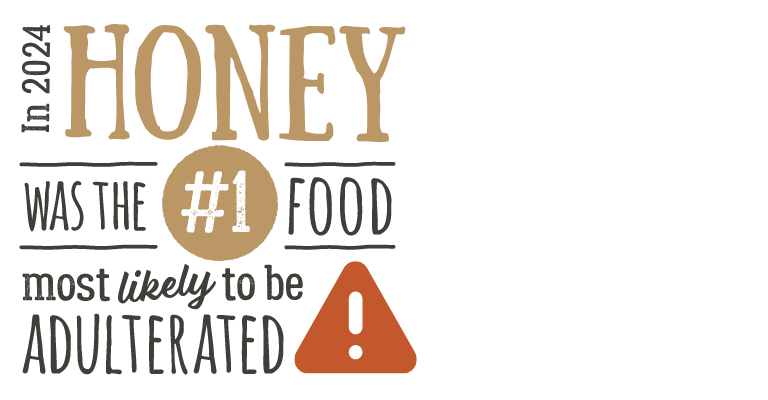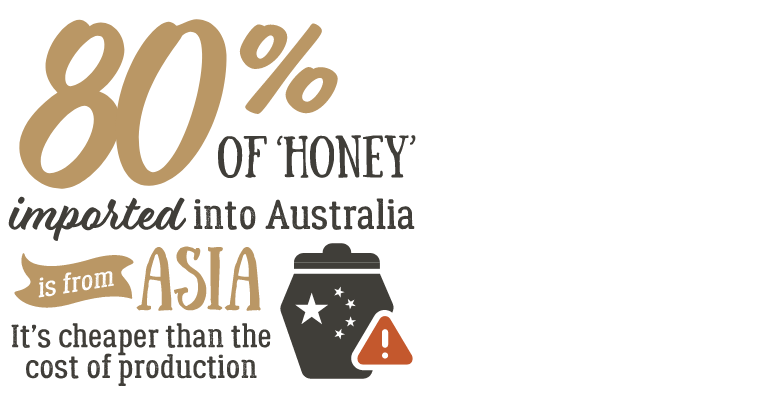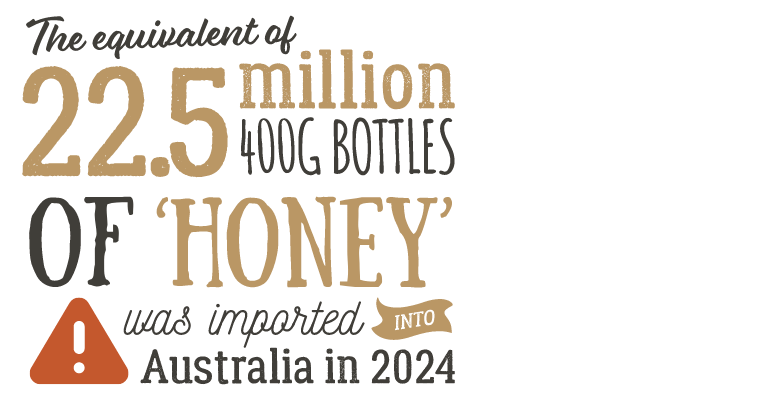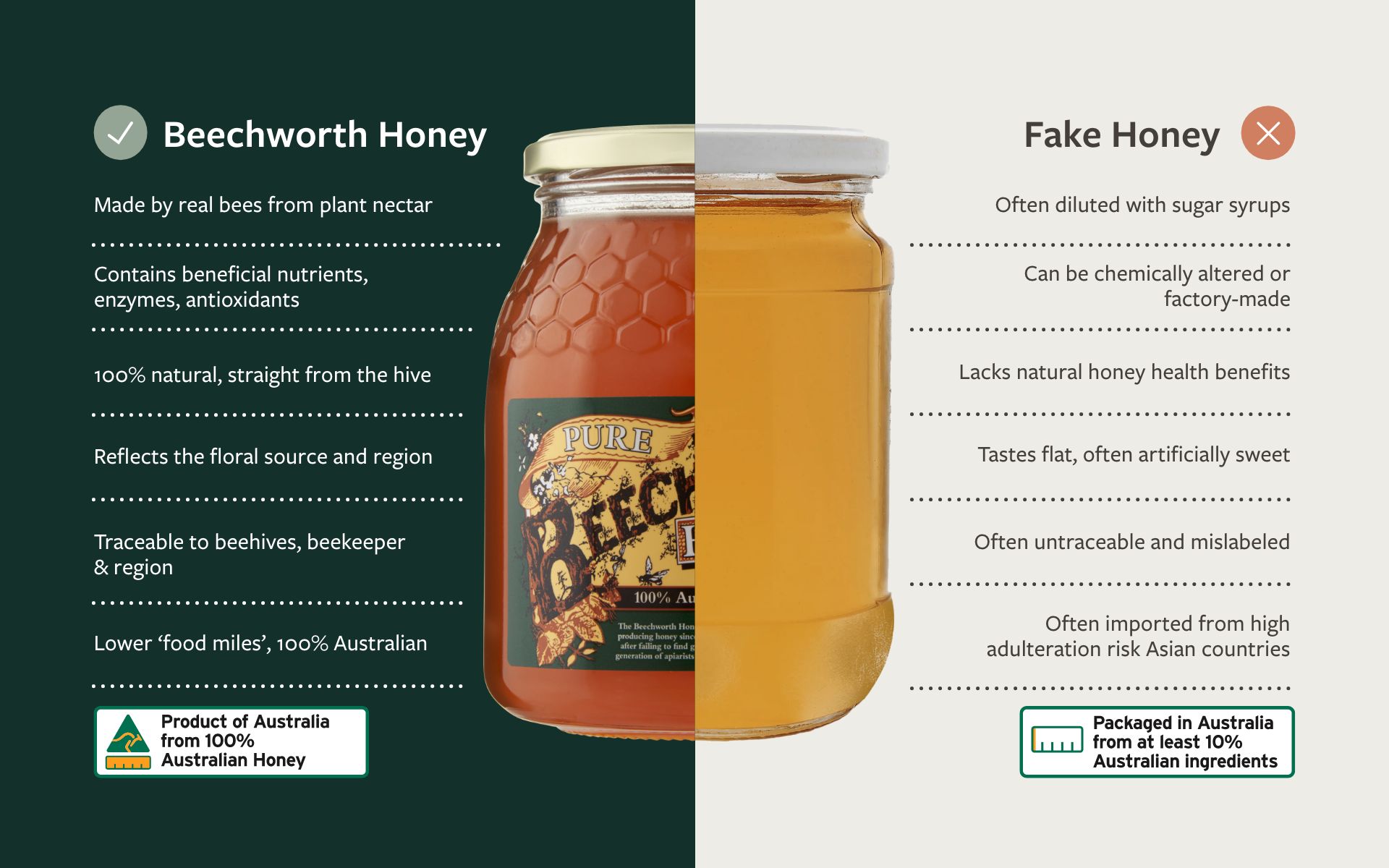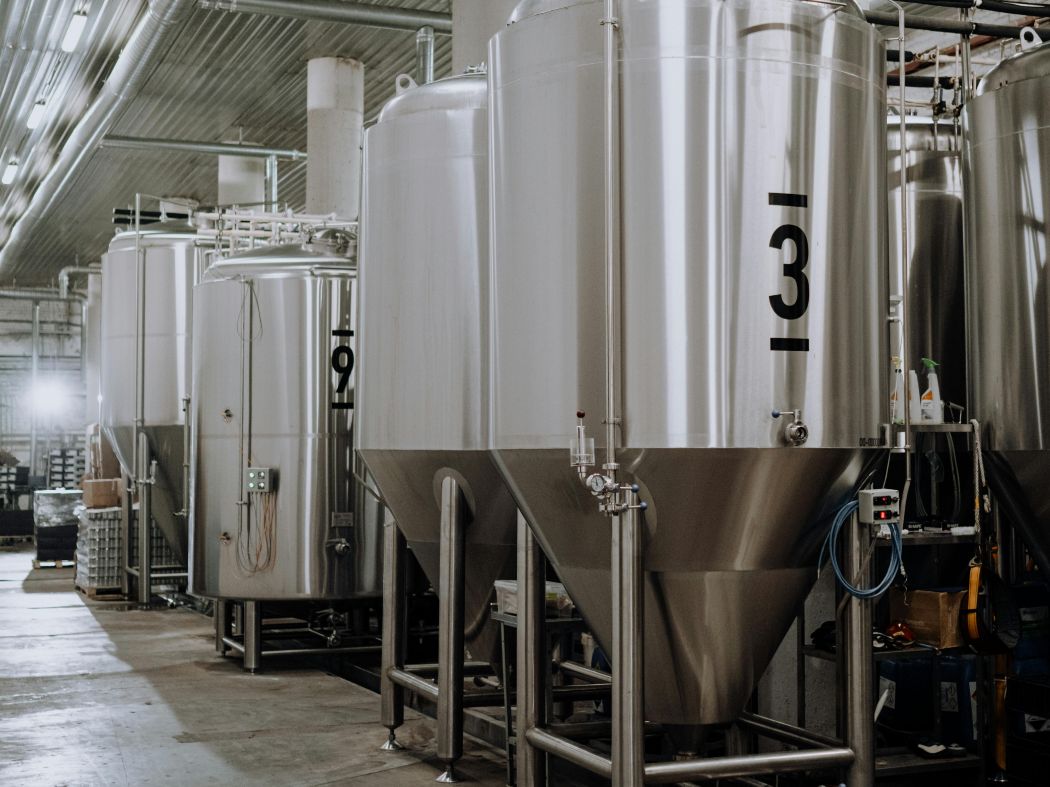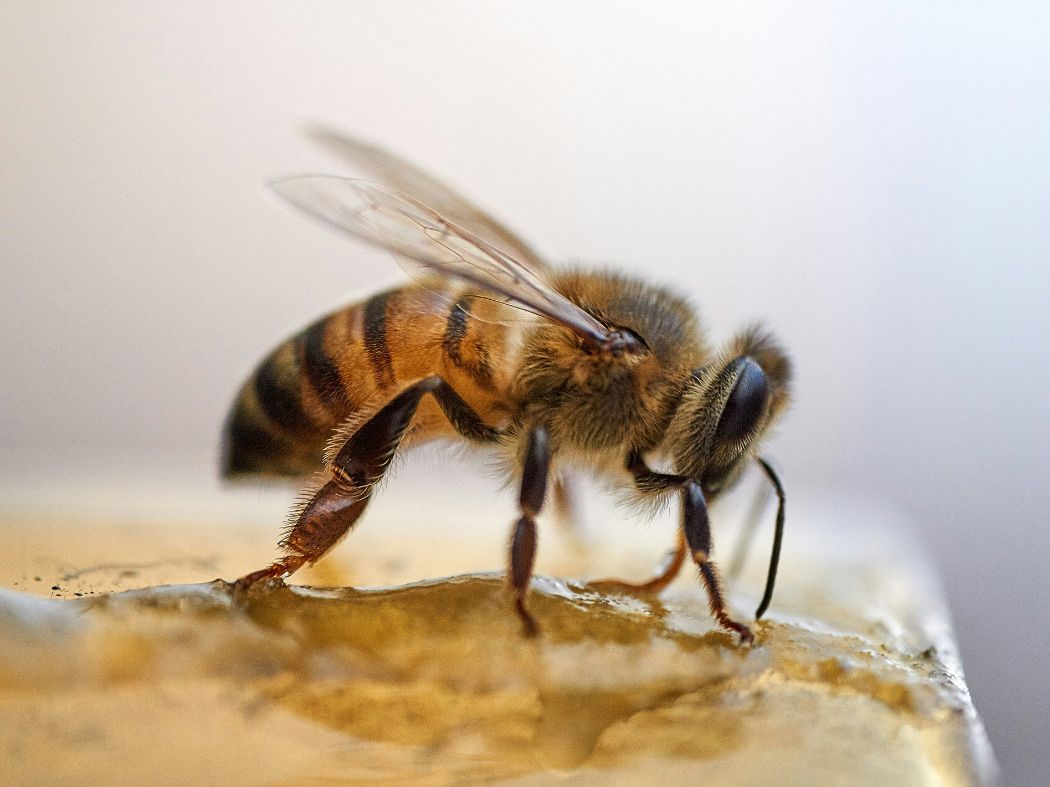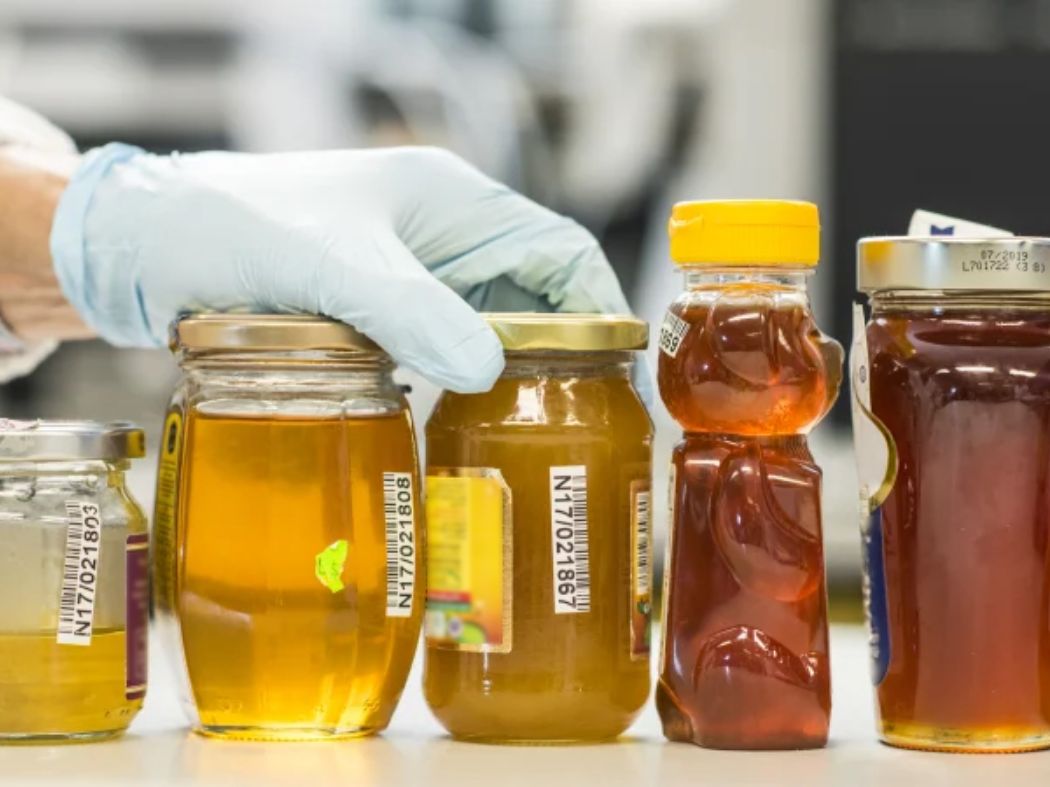What Exactly is Fake Honey?
Fake or adulterated honey is honey that has been tampered with, either diluted with sugar syrups, chemically processed, or produced through unnatural methods like force-feeding bees sugar instead of allowing them to forage in nature, which exploits the natural biological rhythm of bees. It also lacks the natural properties and health benefits of real, pure honey.
What Should You Do?
The good news is, awareness about the importance of Australian honey is the first step in making the right honey choice. Together, we have the power to shift the market toward transparency and sustainability, ensuring a thriving future for bees, beekeepers, and our planet. Choose 100% Australian honey… Always. It’s in your hands.
The Facts About Fake Honey
3 Ways Honey is Faked or Adulterated
How to choose the right honey?
Fake Honey FAQs
What is fake or adulterated honey?
Fake or adulterated honey is honey that has been tampered with, either diluted with sugar syrups, chemically processed, or produced through unnatural methods like force-feeding bees sugar instead of allowing them to forage in nature, which exploits the natural biological rhythm of bees. It also lacks the natural properties and health benefits of real, pure honey.
Why is fake honey a problem?
Fake honey misleads consumers, undermines trust, and hurts ethical beekeepers and is bad for bees. It typically lacks the natural nutrients and enzymes found in real honey and can contribute to the decline of pollinators by devaluing real beekeeping practices. Without bees, we lose the ability to efficiently pollinate 1 in 3 mouthfuls of food and 2/3 of Australia’s agriculture production which benefits from bee pollination.
Honeybees also pollinate 80% of all flowering plants, helping flowers produce seeds that grow supports plant life. Bees pollinate flowers which leads to seed formation and the growth of new trees and plants, thriving and healthy ecosystems. Through pollination, honeybees help produce plant life which absorb carbon dioxide and release oxygen. Their role in plant reproduction also prevents soil erosion and enriches the earth with organic matter. Additionally, thriving vegetation filters rainwater, reduces runoff, and keeps waterways clean.
Why is fake honey so common?
Fake honey is often cheaper to produce, making it very profitable for unscrupulous manufacturers. Weak international regulations and high global demand make honey fraud a global issue which no country is immune from.
How can I tell if honey is fake?
This is the million dollar question! The reason that honey is now the equal top food most likely to be adulterated is because it’s a complex product and difficult to test. The honey science has not kept up with the adulterators who create formulations that beat the tests.
This is why it’s so important to:
- Know where the honey comes from – only buy from companies that can trace it back to the beehives.
- Beware of unclear or hidden supply chains – know where your honey comes from.
- Be wary of cheap prices! – The cost of fake honey is below the cost of production of real honey. Real honey takes time and costs more.
We can’t tell you which honey is fake, but we can tell you that Beechworth Honey is real!
How can I make sure I’m buying real honey?
Buy from trusted Australian only reputable honey brands – do your research, check the brand website and know who sits behind the brand as well as their story. Beware of hidden secondary brands and sneaky subsidiaries.
Check the product label and Country of Origin logo to ensure it says ‘Product of Australia, 100% Australian Honey’. Avoid honey where the country of origin is not declared at all. Avoid honey that has only a small percentage of Australian honey (i.e. 10%) in its Country of Origin statement. This means 90% is imported from an unknown country.


